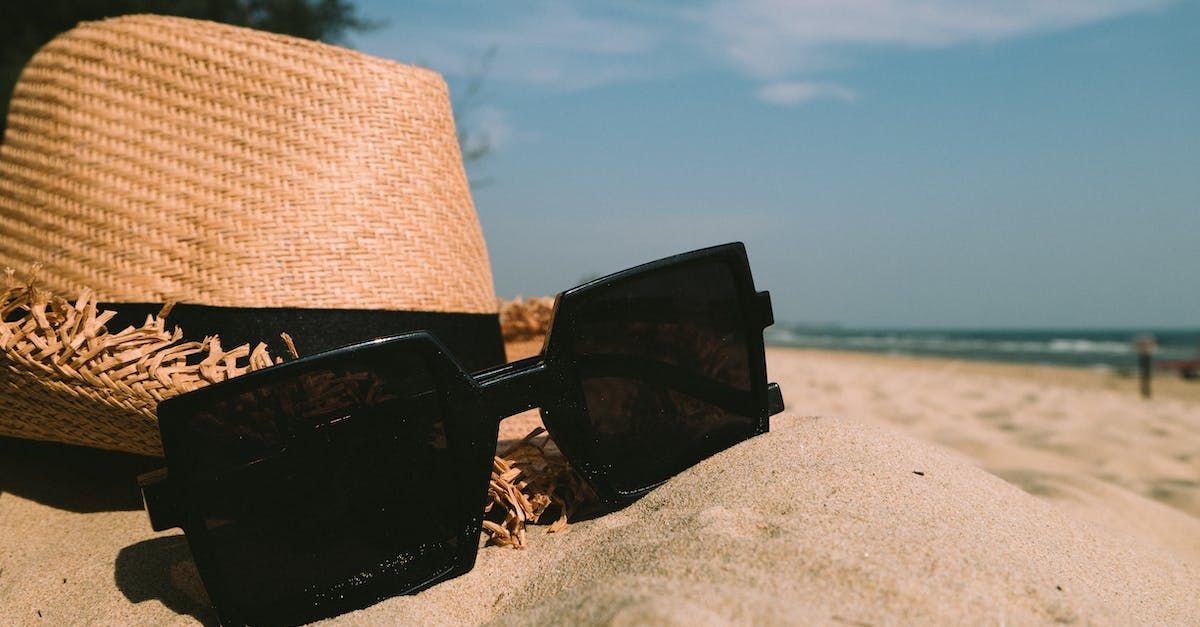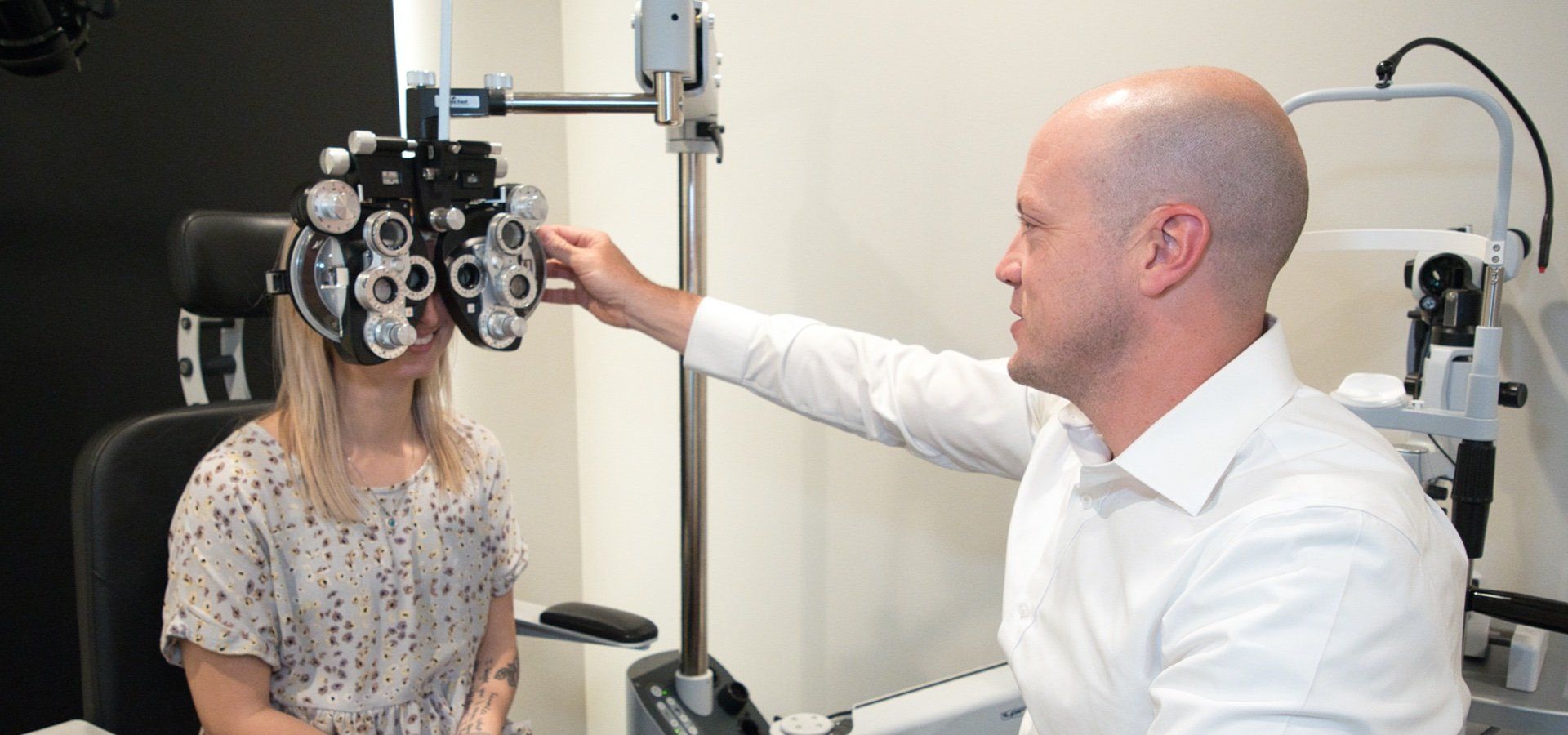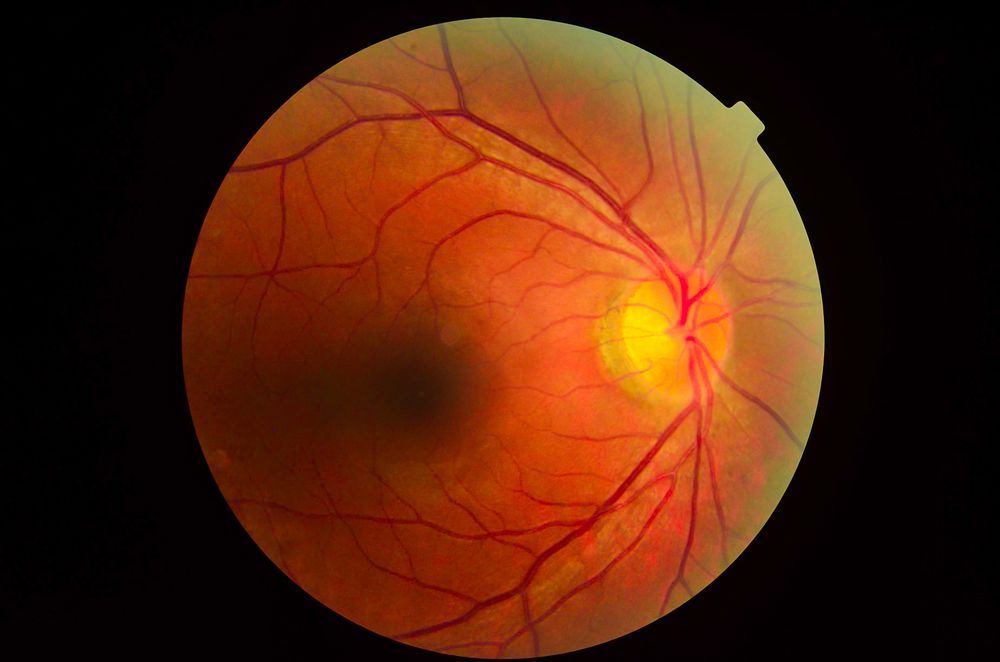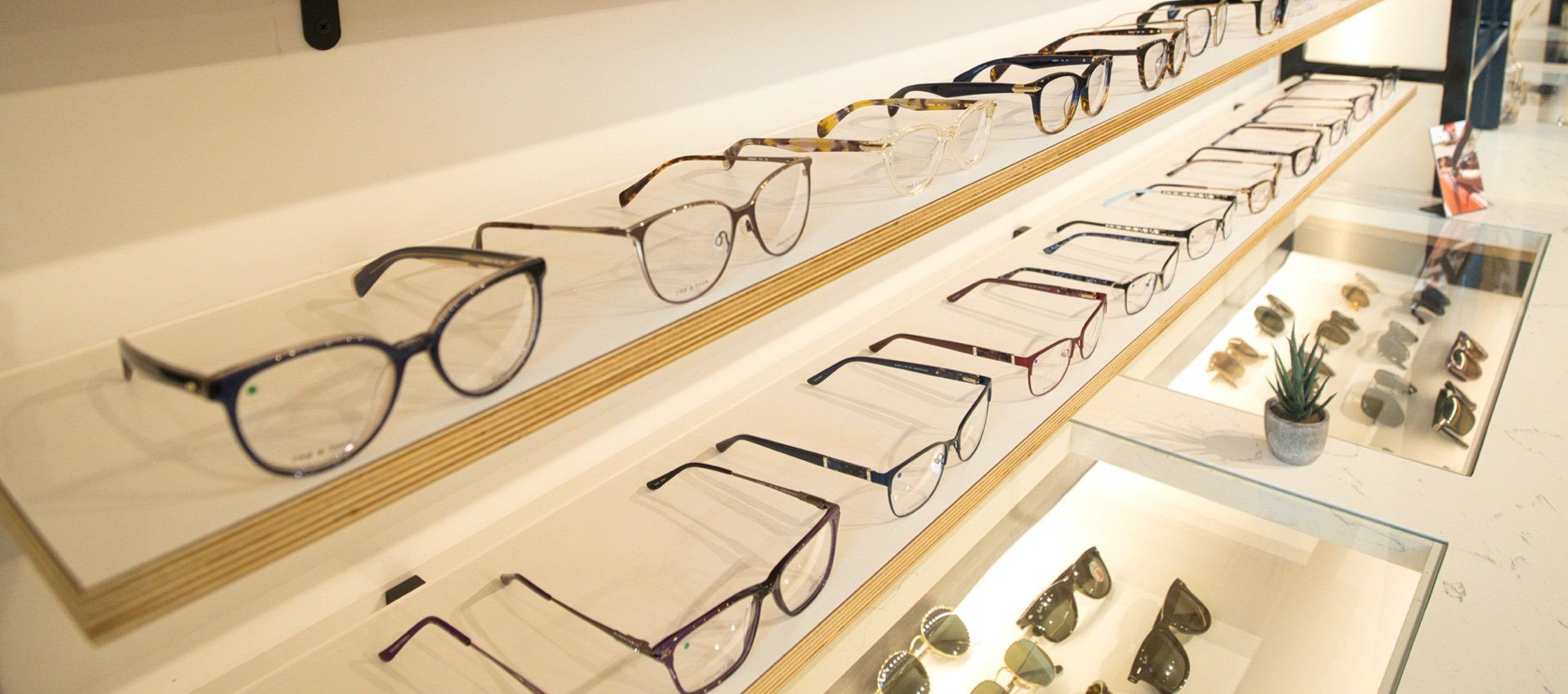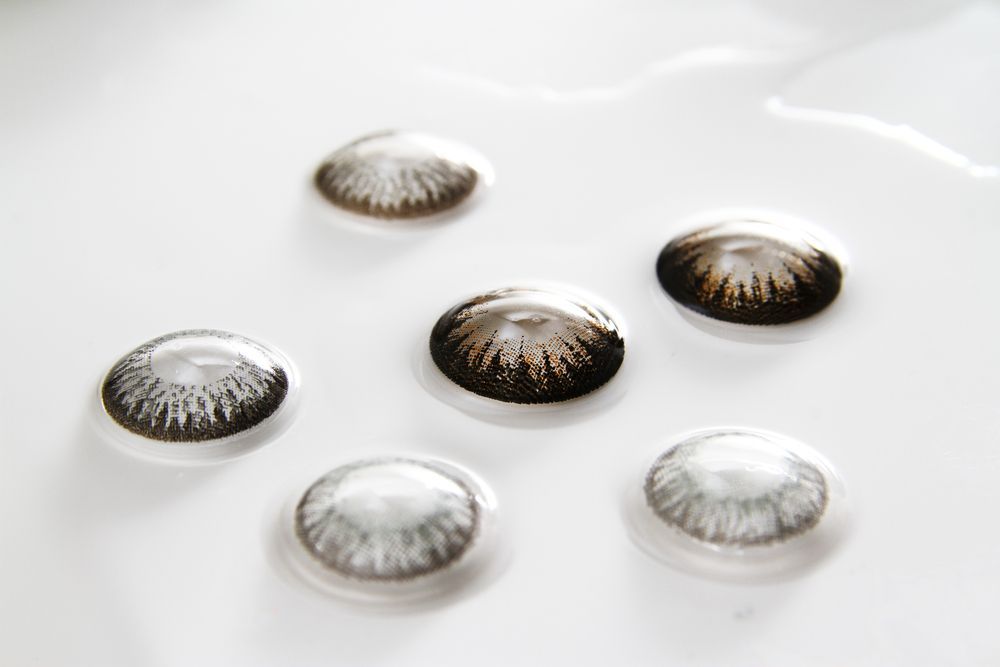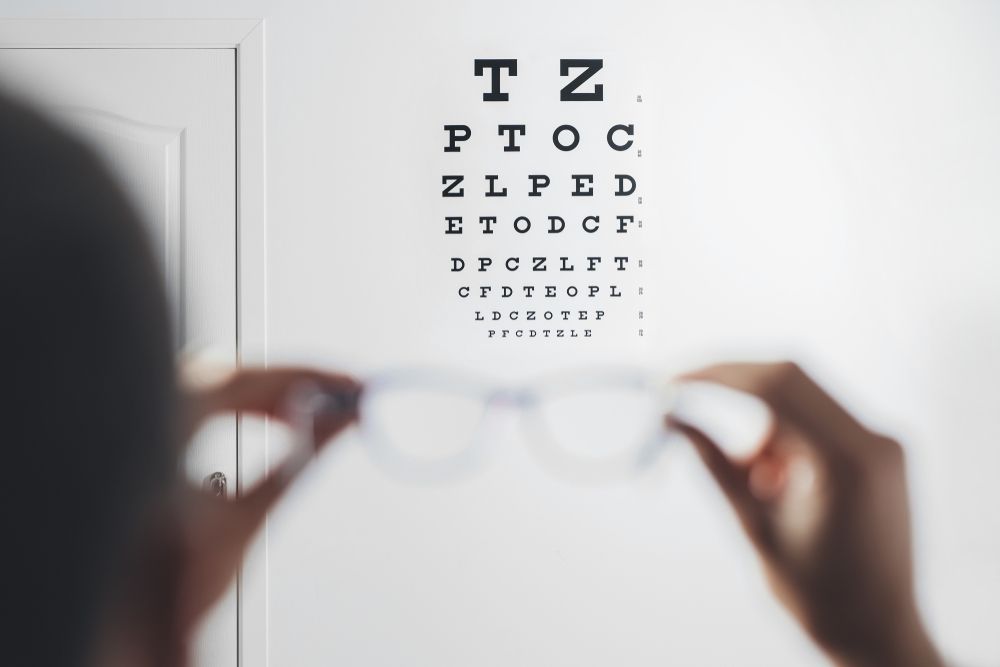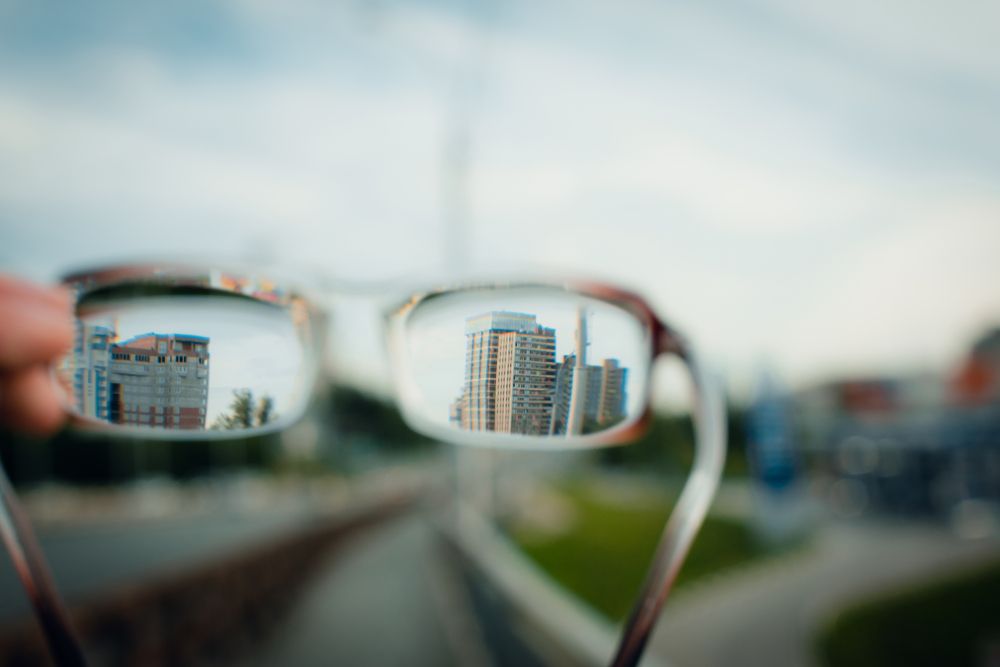When it comes to sun protection, we often think about shielding our skin from harmful ultraviolet (UV) rays. However, it's equally important to remember that our eyes are also susceptible to damage caused by prolonged UV exposure.
Sunburn is a common concern during the sunny summer months, but did you know that your eyes can also get sunburned? Yes, it's true! Photokeratitis, commonly known as "sunburn of the eyes,” is a painful condition that occurs when the cornea, the outermost layer of the eye, is exposed to intense UV radiation. It often results from spending long hours in the sun without adequate eye protection, and its symptoms include redness, tearing, blurred vision, and sensitivity to light. Although photokeratitis is usually temporary, repeated occurrences can cause long-term damage to your eyes.
Other UV Risk Factors
Cataracts: Prolonged and unprotected exposure to UV rays can increase the risk of developing cataracts, a condition characterized by the clouding of the eye's natural lens.
Macular Degeneration: UV radiation has been linked to the development and progression of age-related macular degeneration (AMD), a leading cause of vision loss in adults. AMD affects the macula, the central part of the retina responsible for sharp, detailed vision. By protecting your eyes from UV rays, you can reduce the risk of developing this debilitating condition.
Pterygium: UV rays can also contribute to the formation of a pterygium, a growth of pink, fleshy tissue on the conjunctiva, the clear tissue that covers the white part of the eye. Pterygiums can cause irritation, redness, and a gritty sensation in the eye. In severe cases, they can affect vision by distorting the shape of the cornea.
Skin Cancer: The skin on our eyelids is very thin and sensitive to UV exposure.
Protecting your eyes from UV light exposure
Now that we understand the potential complications of UV exposure to our eyes, let's explore effective ways to protect our vision and maintain healthy eyes.
- Wear UV-Protective Sunglasses: Invest in a good pair of sunglasses that block 100% of both UVA and UVB rays. Look for sunglasses labeled with "UV400" or "100% UV protection." Additionally, consider sunglasses with wraparound styles or large lenses to provide better coverage and protect the delicate skin around your eyes from sun damage.
- Use a Wide-Brimmed Hat: Complement your sunglasses by wearing a wide-brimmed hat or a cap with a flap that covers your ears and neck.
- Seek Shade: When spending time outdoors on sunny days, try to seek shade whenever possible, especially during the peak hours of UV radiation between 10 a.m. and 4 p.m. Trees, umbrellas, or covered areas can provide valuable protection from the sun's harmful rays, giving your eyes a much-needed break.
- Use UV-Protective Contact Lenses or Glasses: If you wear contact lenses or glasses, consider options with built-in UV protection. Keep in mind that these lenses do not protect the entire eye area, so it's still important to wear sunglasses for complete protection.
- Don't Forget Your Children's Eyes: Children's eyes are particularly vulnerable to UV damage and nearly 80% of all UV exposure occurs before the age of 18.
Your eyes are precious, and taking care of them is crucial for maintaining good vision and overall eye health. By being proactive and mindful of sun exposure, you can reduce the risk of UV damage.
Learn more about UV protection during a comprehensive eye exam. To schedule an exam, call our office at 580-223-7333 or schedule online.

